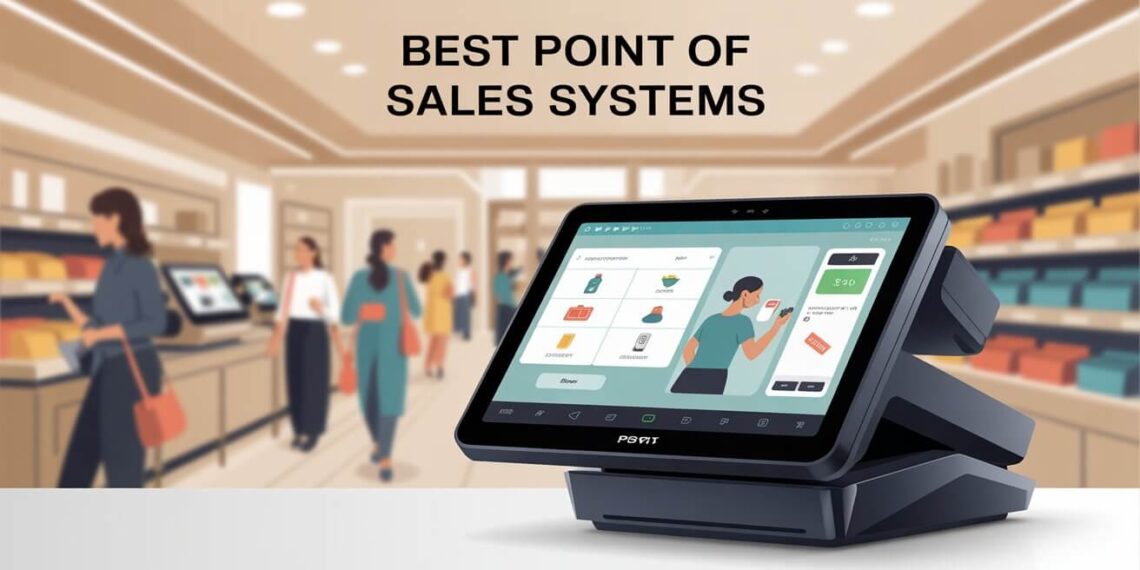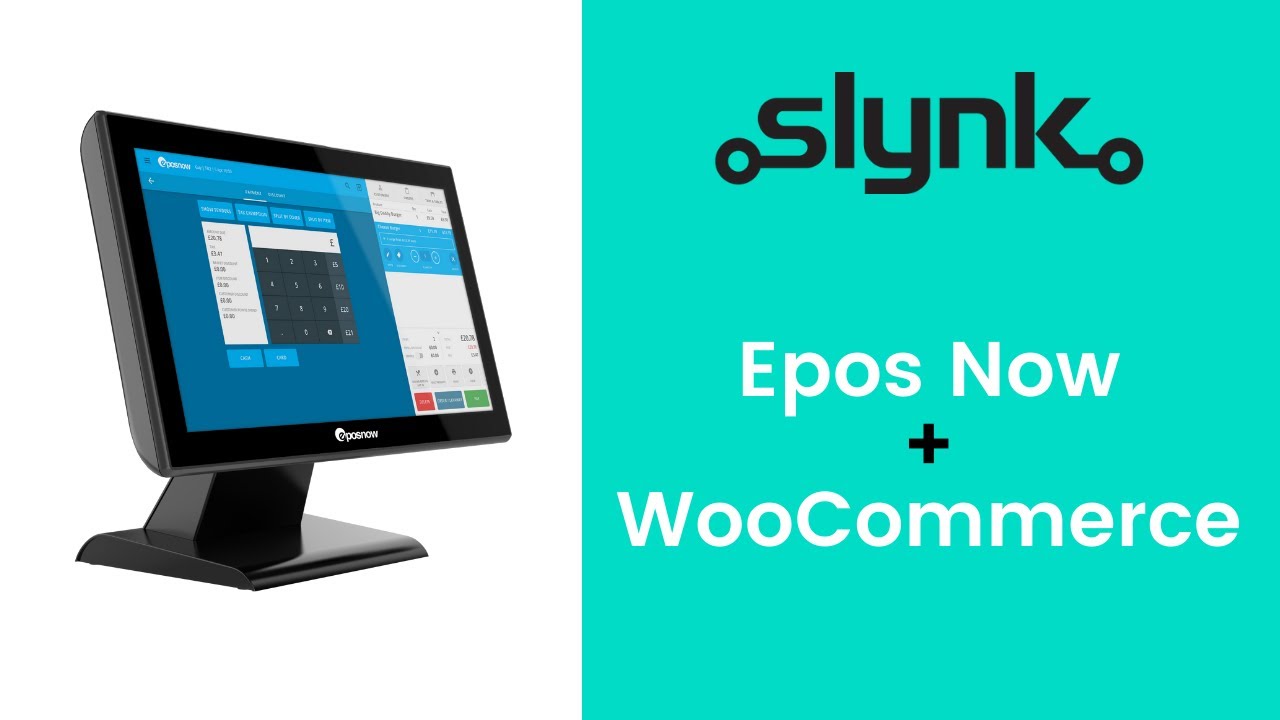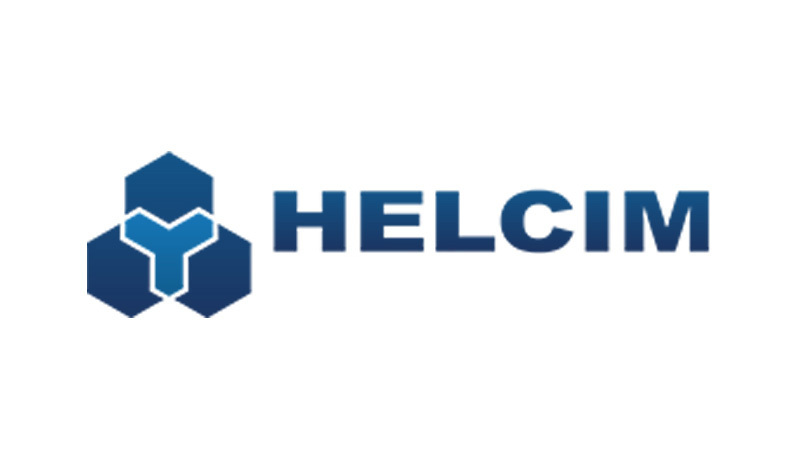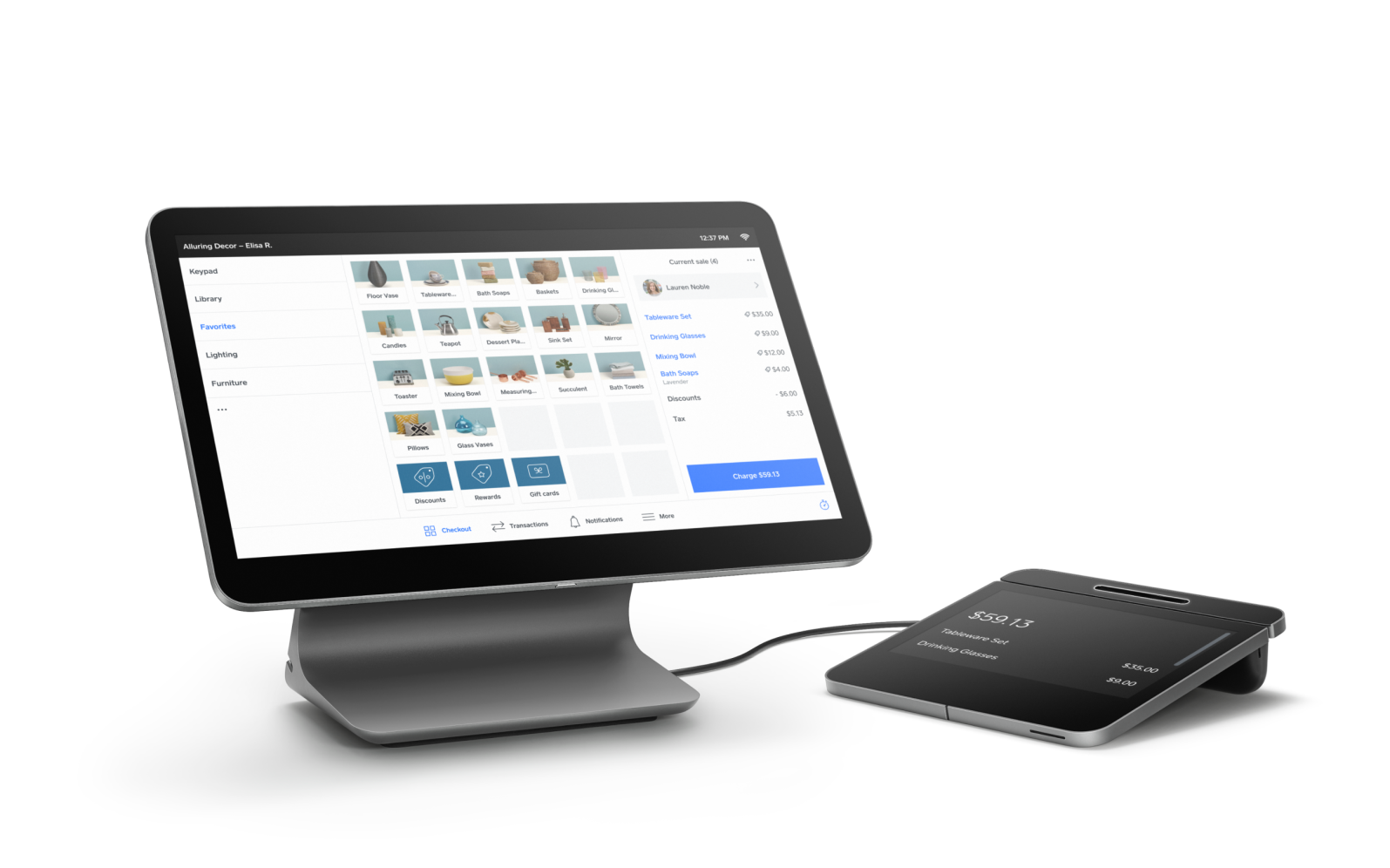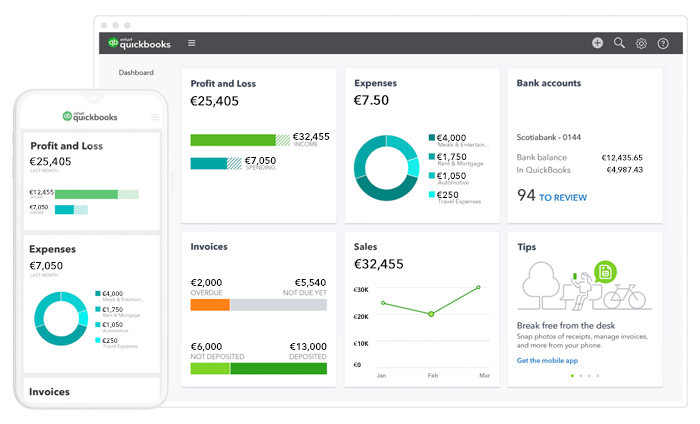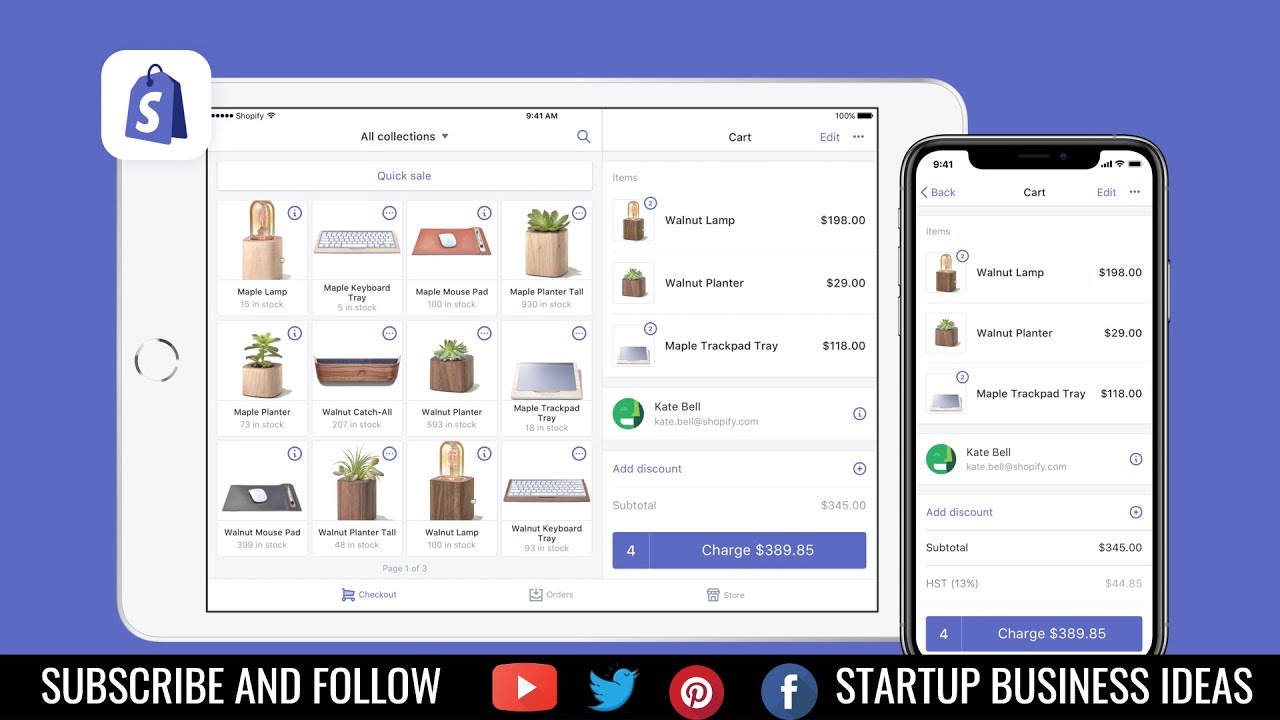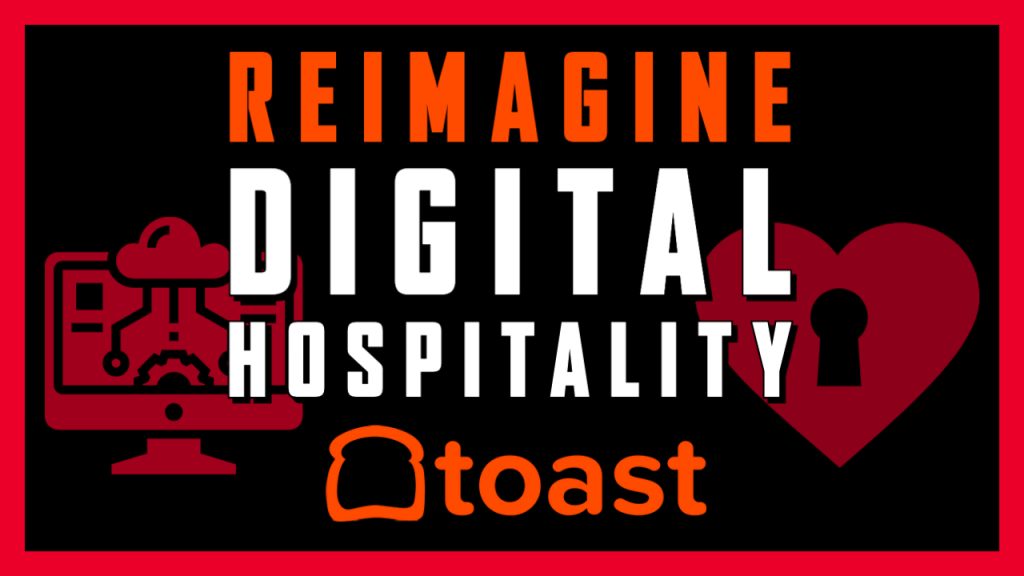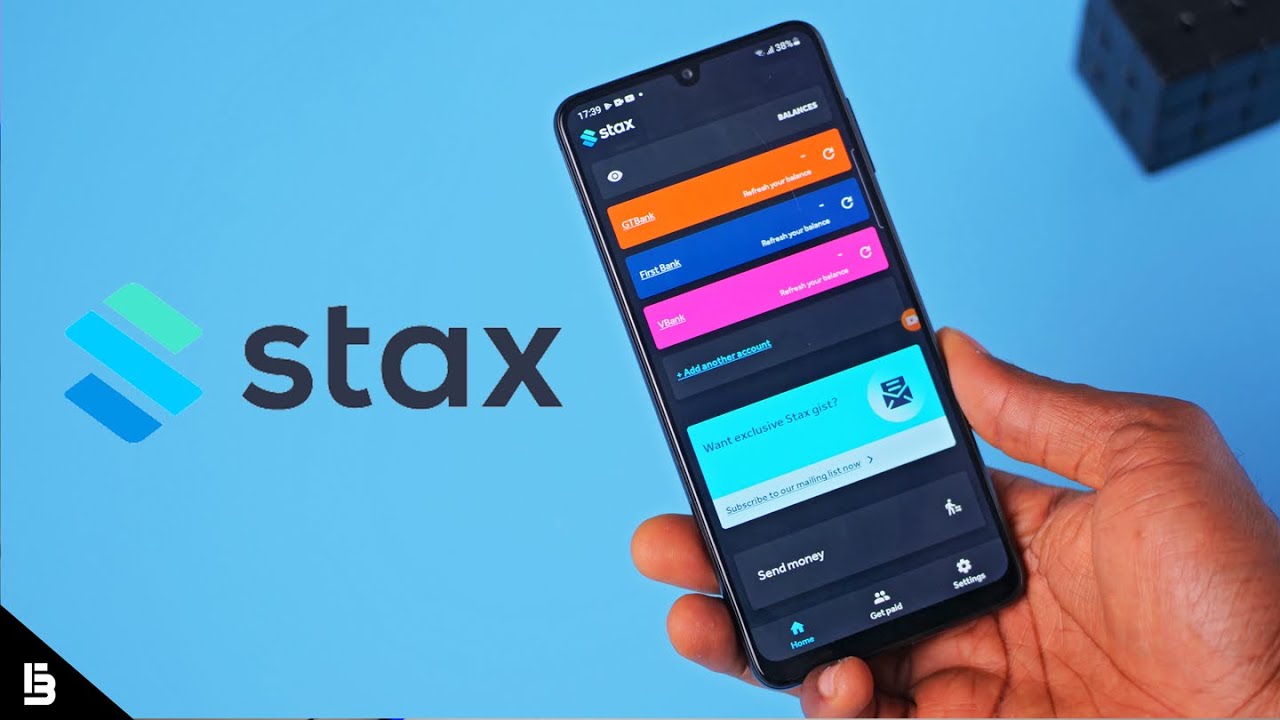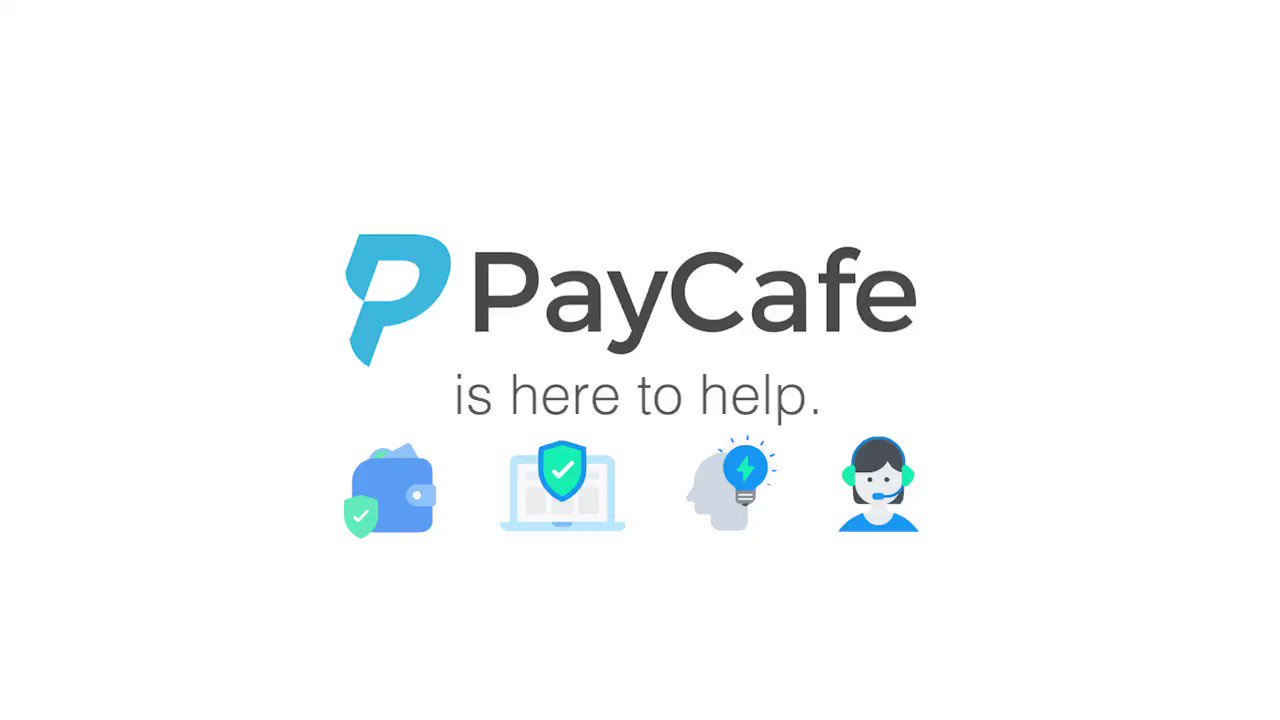A Point-of-Sale (POS) system is a powerful combination of hardware and software designed to streamline sales, inventory, and customer management. Today’s best POS systems offer robust capabilities such as vendor management, employee tracking, customer loyalty tools, and sales analytics. While some POS software options are free, premium solutions can cost up to $200/month per terminal.
Our Top Pick: Square POS
Based on our in-depth analysis, Square POS stands out as the best restaurant POS system in 2025. It caters to:
- Table service restaurants
- Coffee shops and bakeries
- Food trucks and bars
- Large-scale dining establishments
With advanced inventory tracking, sales reporting, and sleek hardware options, Square combines affordability with functionality. It consistently earns high marks for pricing, features, ease of use, and customer support even outperforming competitors like TouchBistro in several categories.
What Is a POS System?
A Point-of-Sale (POS) system processes retail sales transactions and serves as the modern alternative to a cash register. Components typically include:
- Touchscreen display
- Barcode scanner
- Card reader
- Receipt printer
- Cash drawer
Basic POS setups today often consist of a tablet paired with a mobile card reader.
6 Key Features to Look for in a POS System
- Invoice management: Selling, buying, renting, and repairing
- Inventory control and stock alerts
- Supplier and customer order tracking
- Integrated supplier purchasing
- Customizable reports and analytics
- Multi-store or multi-location management
When to Upgrade Your POS System
Your business might need a new POS system if your current solution:
- Has outdated hardware or software
- Lacks critical integrations (e.g., CRM or accounting tools)
- Offers limited inventory tracking
- Doesn’t generate real-time sales reports
- Can’t support your business growth or expansion
Types of POS Systems
Terminal POS
Hardware-based systems with peripherals like:
- Barcode scanners
- Card readers
- Receipt printers
- Cash drawers
Ideal for: Restaurants, boutiques, grocery stores, salons, and electronic stores. These systems support advanced features like loyalty programs and analytics.
Cloud POS
Web-based systems accessible via tablets, desktops, or smartphones. Data is stored securely off-site by the POS vendor.
Ideal for: Startups and businesses seeking flexibility, scalability, and lower upfront costs.
Mobile POS (mPOS)
Lightweight systems run on mobile devices, paired with card readers and optional peripherals.
Ideal for: Pop-up shops, food trucks, solo entrepreneurs, and quick-service businesses.
Pros:
- Highly portable and hardware-independent
- Easy updates and maintenance
Cons:
- Connectivity issues can interrupt service
- Limited advanced support or customization
Top 10 Best POS Systems for 2025
Square is the greatest restaurant point-of-sale system, but there are many more excellent choices that could meet your company’s demands. On this page, we examine the top POS solutions made with restaurants in mind. In order to determine whether they would be a better fit for smaller businesses with a variety of demands, we also assessed POS systems with a dedicated restaurant edition to their core POS offering.
Here is Tech. Co’s top picks for the best POS system restaurants:
1. Lightspeed HQ:
Lightspeed HQ is a strong e-commerce solution because it provides a unique product tailored especially for small business owners. Additionally, it provides a choice for restaurants, coffee shops, and retail. Lightspeed doesn’t appear to have spent as much time on its user interface as some other programs because it is working on three distinct products. However, you might discover that this tool contains all the features your business need once you get used to the occasionally cumbersome dashboard.
Monthly payments are accepted, and prices are fair. If you want to enable rapid expansion, Lightspeed may be the best option because it seeks to give you the resources you need to compete with much larger ecommerce firms.
2. Eposnow:
The point-of-sale system Eposnow is incredibly effective and economical for small enterprises. This may be the ideal option for you if your business is modest, but you want to expand and require a strong point-of-sale system. It can scale with you because it works well with different POS systems and is extremely compatible with third-party devices.
This retail management software is compatible with a variety of hardware throughout your network, including Mac, PC, and tablets running both Android and iOS. Users and transactions are unlimited for all plans. Since you pay per register, this is a fantastic option for smaller merchants who do the majority of their business at a single register. In the event that you ever need to add another registration, you can upgrade your plan.
The dashboard offers real-time sales information. Which products are doing well and which aren’t can easily be seen. Additionally, customer information is automatically gathered.
3. Helcim:
Because of their Intercharge Plus rate, I much value them. More information is available on their website, but if you’ve ever looked at your payment processing fees, you know that they can vary greatly based on the card type and whether sales are made in-person or online.
You will save a lot more money with Intercharge Plus pricing compared to flat-rate or other processing fee models. Check out logistics software, too. Another choice for point-of-sale systems is this. Additionally, they offer top-notch gear for sale, such as the wireless Helcim Card Reader. It allows you to take debit and credit cards from all significant financial institutions. Additionally, it syncs with mobile, tablet, and desktop devices so you can collect payments in a variety of ways.
They make maintaining and setting up an online store straightforward. On their website, one may actually be created. It is really simple to use. You don’t even need to be a web developer or know how to code to participate in this activity. You may quickly upload your current product catalog to their store as well.
4. Square POS:
Square POS is inexpensive and simple to use. Square is a fantastic option for microbusinesses because it is so simple to use. You may set up your point-of-sale system around Square with simple and fair flat pricing. Simple hardware alternatives are available, ranging from straightforward card readers to expansive customer displays like Square Register. The fact that non-tech users can utilize it right away is one of the main advantages. It offers precise information to help you run your business.
If you encounter any problems, you can instantly acquire the assistance you require because customer service is generally available. It offers top-notch hardware and works with both iOS and Android operating systems. If there is any evidence of fraud, you can freeze the account.
Simple transaction fees of 2.75% are used by Square. This is reasonable for small and mid-sized retail, but if your company is growing, alternative options might be less expensive. For firms with annual sales up to $250,000, there is unique pricing available. However, for larger companies, this may not be the best solution because the transaction charges can quickly build up, causing you to pay thousands of dollars more than necessary.
5. Quickbooks:
It should come as no surprise that Quickbooks offers a robust point-of-sale system, given how well-known it is for small business accounting in general. When using QuickBooks for POS, integration with your bookkeeping is simple.
Although it is expensive, QuickBooks can accomplish a lot for you. QuickBooks can expand with you. Due to the one-time cost, you can invest your money without worrying about continuing your monthly subscription later. Before making a decision, a free trial enables you to think about your alternatives for a month. The investment can be stretched out via payment plans.
Using this user-friendly store management software, you can handle all of your bookkeeping, credit card processing, report creation, inventory management, sales tracking, and inventory management. One of the most feature-rich POS solution systems accessible is QuickBooks, thanks to additional benefits, including providing discounts, gift receipts, and managing cash. Barcode scanning is used to add items to a sale so that the checkout procedure is as quick and easy as feasible.
The Quickbooks retail POS can be used as a web-based system, an on-premises program (QuickBooks Desktop), or a mobile application. A complete cash register, wireless barcode scanners, a pole display, and other devices are among the many pieces of equipment that the bookkeeping software solution is compatible with. It also works with different card processors.
6. Shopify POS:
Since Shopify POS is a strong ecommerce platform, it only makes sense that their point-of-sale system would be a fantastic choice for ecommerce. Shopify most likely has what you need for a robust data collecting and transaction system for your e-commerce website.
It is an excellent choice for newly launched websites because it is reasonably priced. The Shopify platform integrates with it without any issues. This may be the best course of action if you want to make sure that your POS system’s features are flawless and interact with your website.
One of the best possibilities for any type of store that does the majority of its business online is Spotify. It is advantageous for companies who mostly engage in e-commerce but occasionally exhibits in-person at exhibitions or fairs because an app is also available. It can be used to process payments with or without a mobile reader.
It’s simple to keep track of how well you’re doing across various sales channels, thanks to advanced reporting options.
7. Toast:
For proprietors of restaurants, Toast is a point-of-sale system. It’s a hardware and software one-two punch of cleverness.
For instance, restaurants can increase efficiency by using their handheld POS systems to convey orders straight from the table to the kitchen. That eliminates the need for all servers to share a single fixed device for order entry.
The elements that contemporary restaurants require for a strong bottom line are also present in Toast. This includes delivery and online ordering software that makes it simple to manage digital orders. This feature is an essential management tool because many restaurants get lost in the difficult process of managing online and in-store orders.
Depending on the plan, Toast might get pricey. But fresh, useful features are added to every plan. The strategy you select will ultimately depend on what is required to meet the objectives of your business.
8. Stax:
Stax was created with the straightforward goal of reducing processing costs. Stax doesn’t tack on any fees for its processing offerings. The only fees you’ll pay are the interchange fees, but keep in mind that you’ll still have to pay processing fees.
The charges made by credit card companies are known as interchange fees. They rely on too many variables to list all of them but typically vary from 1.15% to 3.25%. The one drawback of interchange-only fees is that it is more difficult to forecast how much you will spend each month on fees. Even so, you will undoubtedly pay less in processing costs than you would with anyone else.
The fact that your savings increase the more transactions you execute is one of the best things about interchange-only pricing. When increasing your company’s sales, tax processing fees are a terrific method to ensure a healthy bottom line.
9. Revel Systems:
CRM systems can assist in converting infrequent, apathetic customers into ardent defenders of your business. Revel Systems, one of the POS companies we researched, offers what we believe to be the greatest CRM solution that is bundled with an iPad restaurant POS system.
Most frequently designed for bars, quick-service restaurants, coffee shops, and breweries, the Revel Systems POS system. Businesses that provide food and beverage services can profit from Revel’s bespoke loyalty programs.
Additionally, Revel Systems’ Mobile Order Taker system, which interfaces smoothly with stationary devices, is designed to expedite front-of-house order taking. Additionally, thorough inventory, analytical data, and QuickBooks connection can improve your understanding of your company and clients.
10. PayCafe:
Another choice for point-of-sale systems is this. They offer both a first-rate online payment service and solutions for taking and processing credit card payments in person. If you want to create an e-commerce website in addition to your physical store, it’s a good option.
Their credit card processing systems can quickly and easily collect one-time, subscription, or invoice payments. Along with 135+ more currencies, you can accept all popular debit and credit cards. Additionally, PayCafe gets stellar reviews. They give you statistics and real-time data to let you know how your business has been doing over the course of time.
Additionally, you will be able to fully customize your reporting dashboard to help you generate the sales you need to expand your company.
Best POS Systems of 2025 – Comparison Table
| POS System | Best For | Key Features | Mobile Support | Free Plan | Pricing Model |
|---|---|---|---|---|---|
| Square POS | Small restaurants & retail | Easy setup, flat-rate fees, inventory, loyalty tools | ✅ Yes | ✅ Yes | 2.75% per transaction |
| Lightspeed HQ | Retail & hospitality chains | Advanced inventory, ecommerce integration, analytics | ✅ Yes | ❌ No | Custom pricing |
| Epos Now | Small businesses | Cloud-based, scalable hardware, real-time reporting | ✅ Yes | ❌ No | From $39/month |
| Helcim | Transparent fee seekers | Interchange-plus pricing, invoicing, ecommerce tools | ✅ Yes | ✅ Yes | No markup on processing |
| QuickBooks POS | Accounting-integrated businesses | Deep QuickBooks sync, desktop + web/mobile support | ✅ Yes | ✅ Yes | One-time or monthly plans |
| Shopify POS | Online + retail hybrid stores | Multichannel sales, Shopify sync, staff roles & permissions | ✅ Yes | ✅ Yes | From $39/month |
| Toast POS | Full-service restaurants | Tableside orders, kitchen display, delivery management | ✅ Yes | ❌ No | Custom quote |
| Stax | High-volume businesses | Interchange-only pricing, unlimited processing volume | ✅ Yes | ✅ Yes | Monthly + interchange fees |
| Revel Systems | Loyalty & analytics-driven stores | CRM, loyalty programs, iPad interface, enterprise-grade analytics | ✅ Yes | ❌ No | Custom pricing |
| PayCafe | Global & subscription merchants | Recurring billing, multi-currency, dashboard customization | ✅ Yes | ✅ Yes | Variable based on usage |
Conclusion
A modern POS system is essential for any growing business in 2025. Whether you’re a restaurant owner, retailer, or online merchant, the right POS solution will streamline operations, boost customer satisfaction, and support growth.
Square POS remains our top recommendation, but other options like Lightspeed, Toast, or Shopify POS may better fit your unique needs.
Frequently Asked Questions (FAQ)
What is the best POS system for small restaurants?
Square POS offers unbeatable value, intuitive tools, and flexible pricing for small to mid-sized restaurants.
What is the cheapest POS software?
Square and Helcim offer free plans with affordable transaction rates.
Can I use a POS system on my phone?
Yes! Mobile POS (mPOS) solutions like Square, Shopify POS, and Helcim work seamlessly on smartphones and tablets.
Is cloud POS better than on-premise POS?
Cloud POS systems offer greater flexibility, real-time updates, and lower maintenance costs.
I’m Maxwell Warner, a content writer from Austria with 3+ years of experience. With a Media & Communication degree from the University of Vienna, I craft engaging content across tech, lifestyle, travel, and business.

